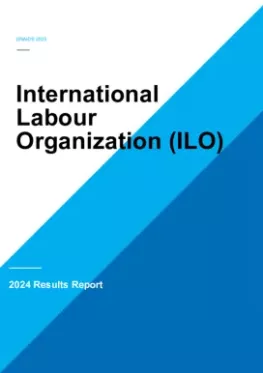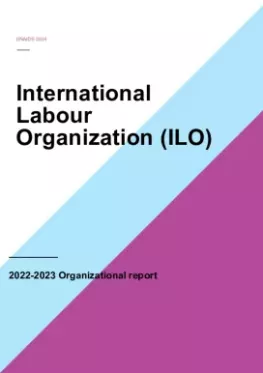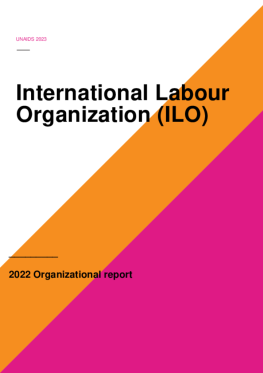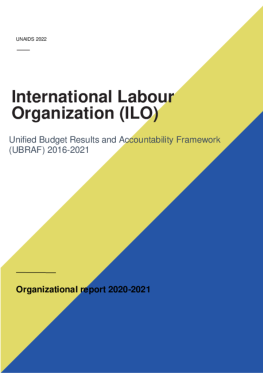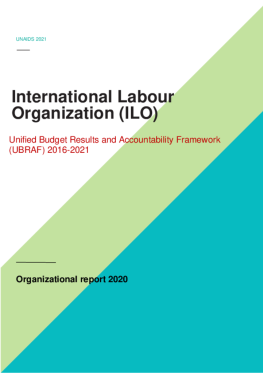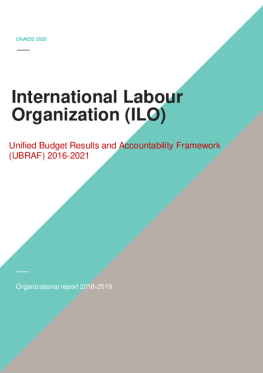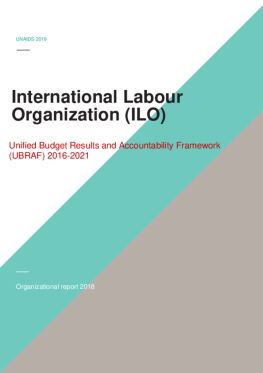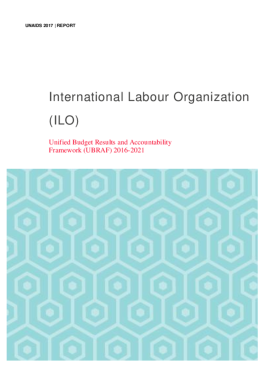The mandate of the ILO is to advance social and economic justice through setting international labour standards. With 187 Member States, 40 field offices and staff in 107 nations, the ILO promotes decent work for all workers, regardless of where they work. A healthy workforce is essential to achieving SDG 8 (Decent work and economic growth).
Promoting the health and safety of workers is an integral aspect of the ILO’s mandate. The HIV and AIDS ILO strategy, ILO's response to HIV and AIDS: accelerating progress for 2030, applies the twin-track approach of HIV-focused efforts (track 1) and the integration of HIV in the broader development mandate (track 2). The strategy promotes HIV integration across the areas of social protection, labour standards, labour migration, gender equality, occupational safety and health, diversity and inclusion, and in ILO training courses, among others. The ILO's HIV and AIDS recommendation, 2010 (No 200) provides the overarching framework for action and the ILO Programme and Budget 2024–2025 provides the biennial operational framework.
For information on the ILO's results, please see the 2024 downloadable report below.


